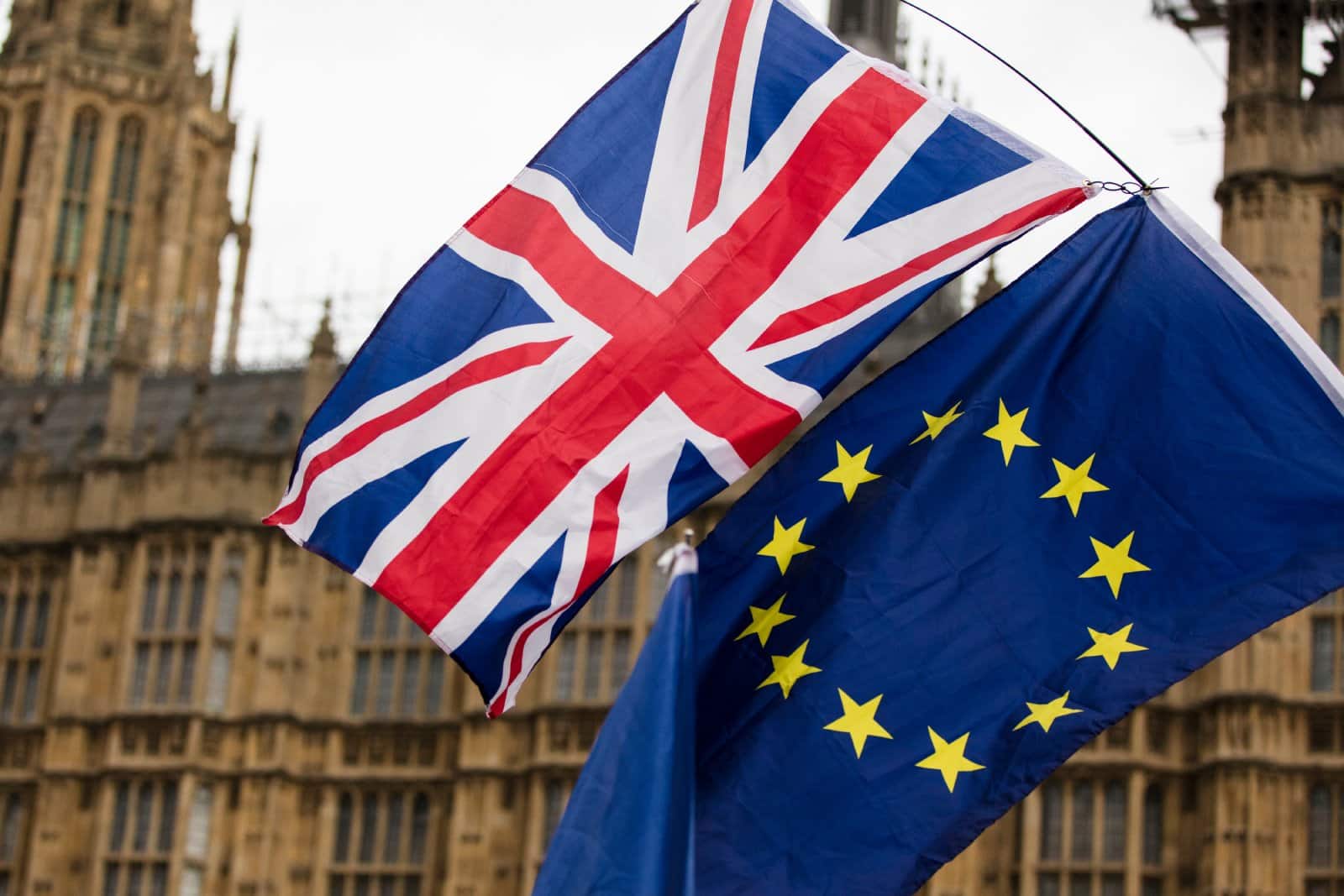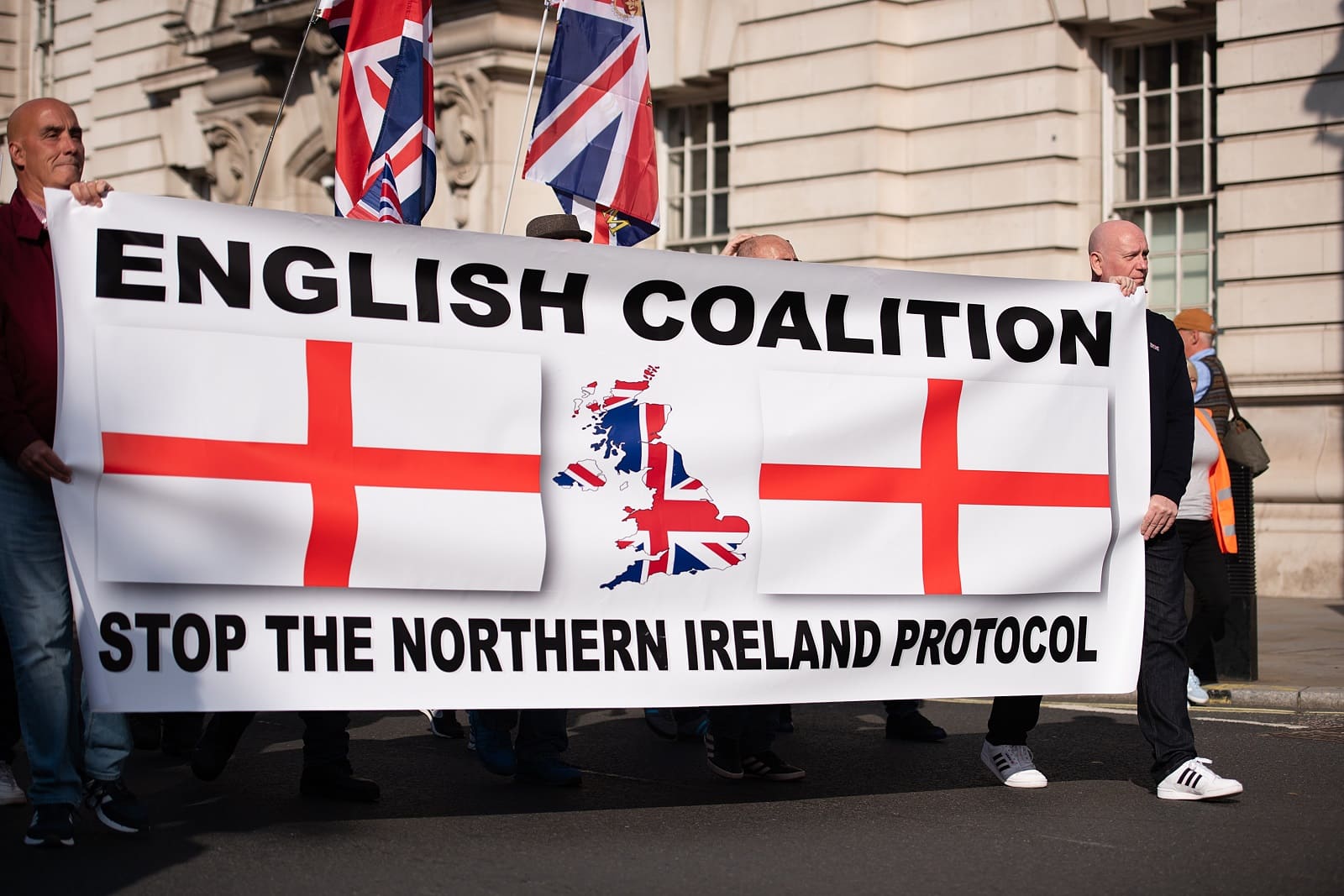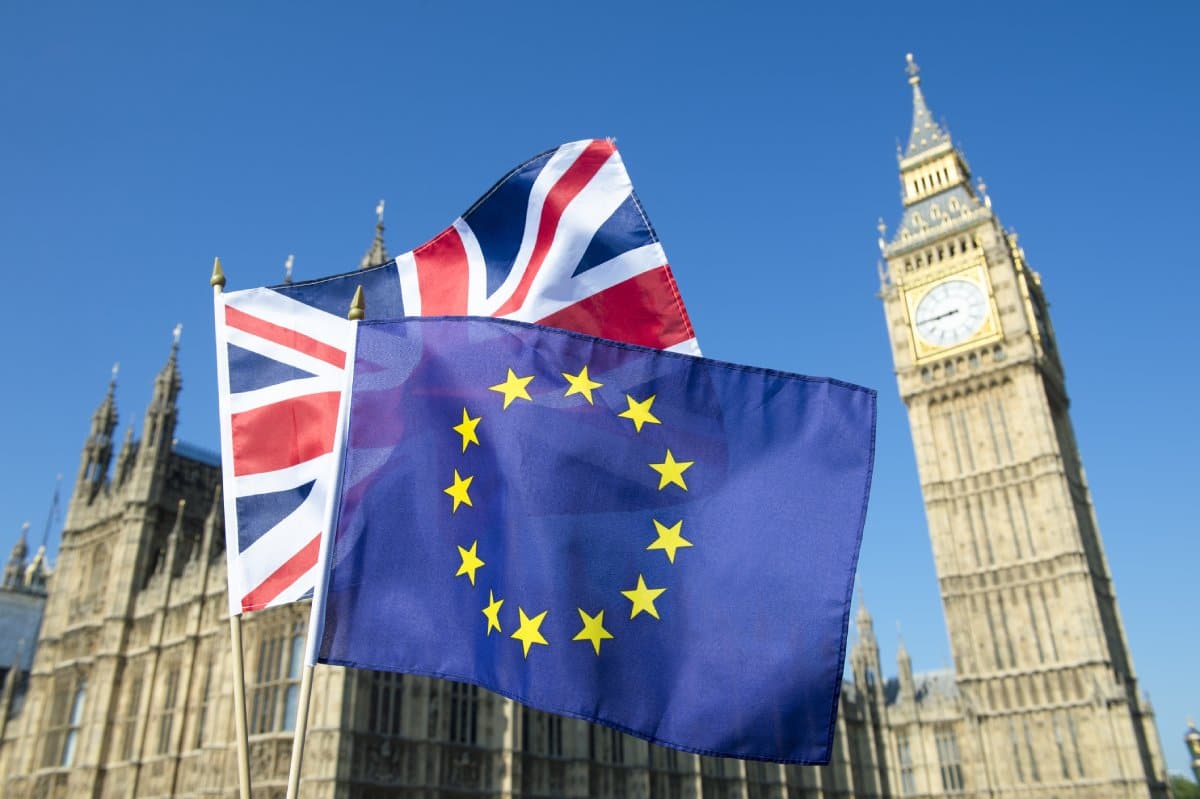Brexit has brought about significant changes in the United Kingdom, impacting various aspects of daily life for its residents. It certainly changed things, but not always for the better.
#1. Economic Uncertainty

Since Brexit, Britain has faced significant economic uncertainty, with fluctuations in currency value and trade disruptions affecting businesses and consumers alike.
#2. Trade Barriers

Brexit has led to trade barriers and increased bureaucracy, making it more challenging for British businesses to export to the EU and other global markets.
#3. Supply Chain Disruptions

Supply chains have been disrupted, leading to delays and shortages of goods ranging from food to medical supplies, impacting businesses and consumers.
#4. Job Losses

Many businesses, particularly in industries heavily reliant on EU trade, have faced closures or downsizing, resulting in job losses across the country.
#5. Investment Decline

Foreign investment in the UK has declined since Brexit, with investors concerned about the economic outlook and future trade relationships.
#6. Financial Services Impact

London’s status as a financial hub has been challenged, with some financial services firms relocating operations to EU countries to maintain access to the single market.
#7. Immigration Challenges

The end of freedom of movement has made it more difficult for British businesses to recruit skilled workers from EU countries, leading to labor shortages in key sectors such as healthcare and hospitality.
#8. Higher Costs of Living

Brexit-related inflation and currency depreciation have contributed to higher costs of living for British consumers, affecting household budgets.
#9. Regulatory Divergence

Regulatory misalignment between the UK and the EU has created barriers to trade and increased compliance costs for businesses operating in both markets.
#10. Northern Ireland Protocol Issues

The implementation of the Northern Ireland Protocol has led to trade disruptions and tensions, complicating relations between Northern Ireland, Great Britain, and the Republic of Ireland.
#11. Scotland’s Independence Calls

Brexit has reignited calls for Scottish independence, with many Scots unhappy about being taken out of the EU against their will, further dividing the UK.
#12. Loss of Influence

The UK’s influence on the global stage has diminished post-Brexit, with reduced access to EU decision-making processes and weakened diplomatic ties.
#13. Environmental Concerns

Brexit has raised concerns about environmental standards and protections, with the UK no longer bound by EU regulations and facing uncertainty about future environmental policies.
#14. Research and Innovation Impact

Brexit has disrupted research collaborations and access to EU funding programs, threatening the UK’s position as a leader in science and innovation.
#15. Societal Divisions

Brexit has exacerbated societal divisions within the UK, with deepening political polarization and tensions between Leave and Remain supporters, undermining social cohesion.
The Bottom Line

These reasons highlight the ongoing challenges and some of the major downsides of Brexit for Britain.
The question is, can the UK return to its former glory?
More Articles Like This…
Broken Britain: 12 Reasons Behind the UK’s Decline
Say the Unsayable: 10 Occasions When Farage Spoke His Mind About Britain
The post 15 Reasons Brexit Is BREAKING Britain first appeared on Edge Media.
Featured Image Credit: Shutterstock / lazyllama.
For transparency, this content was partly developed with AI assistance and carefully curated by an experienced editor to be informative and ensure accuracy.
Sarah Griffin is an experienced writer known for her incisive analysis of UK politics and human rights issues. Her work blends depth and clarity, providing insightful and often satirical commentary on the contemporary political landscape

